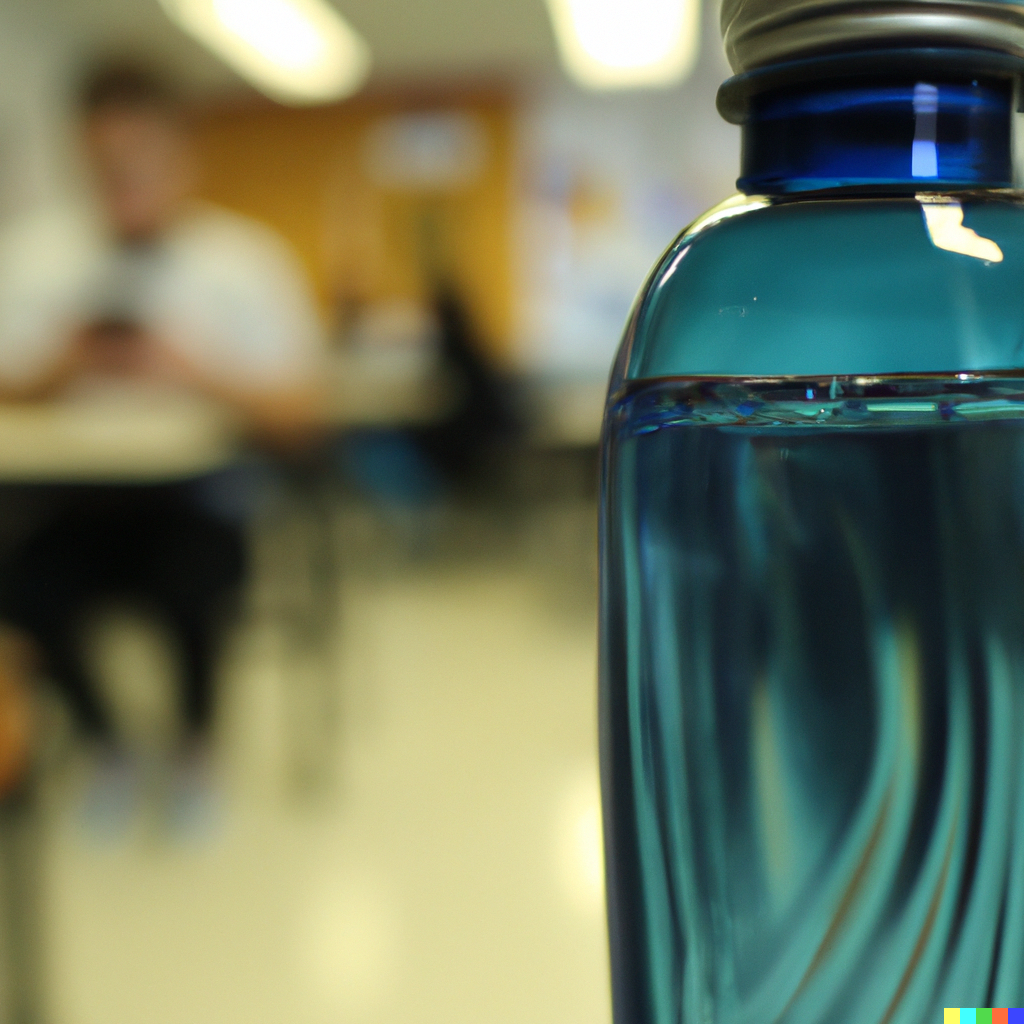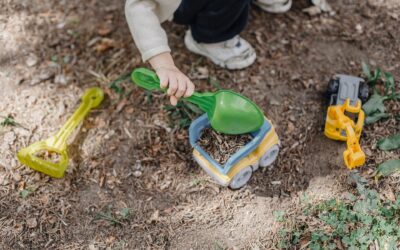Use reusable water bottles
Use reusable water bottles
Number 007
“Adequate hydration is essential for cognitive function and can positively impact academic performance. Dehydration has been linked to symptoms such as fatigue, headaches, and poor concentration, all of which can negatively impact a student’s ability to learn.”
– Dr. Mary L. Greer, Professor of Nutritional Sciences at the University of Connecticut.
Learn why you should do this:
Encouraging the use of reusable water bottles in schools is a simple yet effective way to promote environmental sustainability and student health. According to a study by the Pacific Institute, the production and disposal of bottled water results in more than 2.5 million tons of carbon dioxide emissions each year. Additionally, a report by the Container Recycling Institute found that only 23% of plastic water bottles are recycled, with the remaining 77% ending up in landfills or as litter. These statistics highlight the importance of reducing our reliance on single-use plastics, and switching to reusable water bottles is a step in the right direction.
Reusable water bottles are not only better for the environment, but they also promote student hydration. Dehydration can lead to fatigue, headaches, and poor concentration, all of which can negatively impact academic performance. A study published in the Journal of School Health found that providing students with easy access to water, such as by encouraging the use of refillable water bottles, can lead to a significant increase in water consumption and improved hydration.
Moreover, reusable water bottles can also be more cost-effective in the long run. They can be refilled multiple times, reducing the need for expensive single-use plastic bottles. Many schools have implemented water bottle filling stations, making it more convenient for students to refill their bottles. This not only helps to promote the use of reusable water bottles but also makes it more accessible for students to stay hydrated throughout the day.
Another benefit of using reusable water bottles is that it can help to reduce litter in school campuses. Plastic water bottles are one of the most common forms of litter found on school grounds and in local communities. By encouraging students to use reusable water bottles, schools can help to reduce the amount of plastic waste in the environment. This not only helps to keep the school campus clean but also protects local wildlife and the natural environment.
In conclusion, encouraging the use of reusable water bottles in schools is a simple yet effective way to promote environmental sustainability and student health. It reduces plastic waste, promotes student hydration, and can be cost-effective in the long run. Furthermore, it helps to reduce litter in school campuses, and protect local wildlife and the natural environment. It is a small step that can make a big impact, and schools can play a crucial role in promoting this change.

More ways to make a difference, now!
No. 26: Install bike racks at school
Number 26 Installing bike racks in schools can benefit the environment, promote physical activity, and save money. Students who bike to school have improved physical fitness and academic performance, while schools can save money on transportation costs and reduce...
No. 18: Use digital signage instead of paper posters
Number 18 Using energy-efficient digital signage instead of paper posters in schools has environmental and financial benefits. It reduces waste and saves energy, resulting in cost savings. Experts suggest that digital signage is also more effective in communicating...
No. 4: Create sustainable play areas
Number 4 This article discusses the environmental and financial benefits of creating sustainable play areas in schools. These play areas reduce waste, promote a connection to nature, reduce carbon emissions, and save schools money on maintenance and utility bills....
Neil is the Executive Director at the Carbon Neutral School Foundation and is one of the world’s leading experts on efficiently decarbonization school operations.
He has extensive knowledge and experience in working with schools across the globe on sustainability opportunities and challenges, helping them to understand the power of putting a 21st century approach to seeing mission, vision, operational efficiency and sustainability at the heart educational their establishment.





